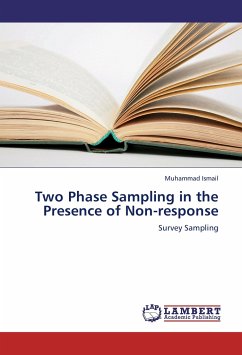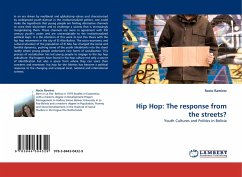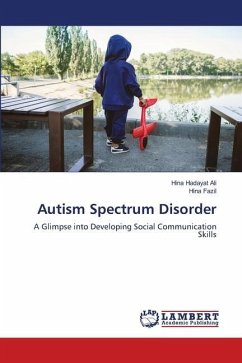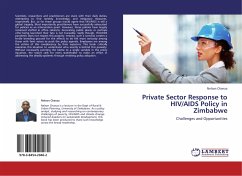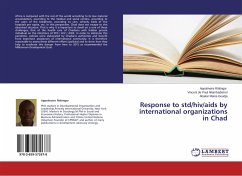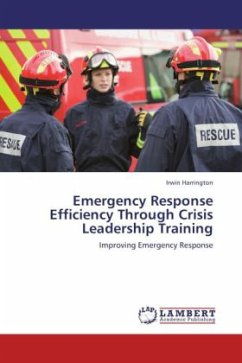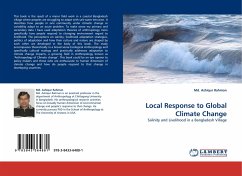It has been noted that non-response creates problem mostly in all types of surveys and this cannot be eliminated by simply increasing the sample size. Non-response may be non-ignorable or ignorable which depends whether it is correlated with the target variable or not [Little (1982) and Glynn, Laird and Rubin, (1993)]. Non-response is caused when surveying human population hesitates to respond in surveys and this is increased when sensitive issues are discussed in surveys. It has been observed that non-response increases bias in estimates which is main reason of reducing efficiency of the surveys. Many methods have been considered by different survey statisticians for estimating the population characteristics in the presence of non response for two-phase sampling. In this aspect the sub-sampling method has been a popular one.
Bitte wählen Sie Ihr Anliegen aus.
Rechnungen
Retourenschein anfordern
Bestellstatus
Storno

